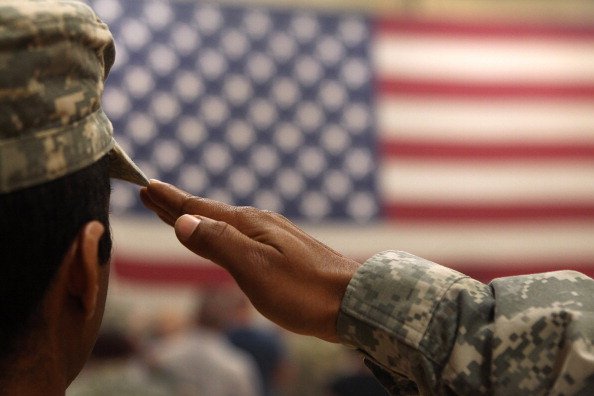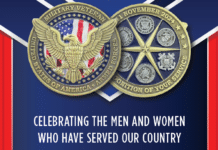
By Lt. Cmdr. William Reynolds, USN (Ret), Sierra Tucson
In a life and death-situation, military veterans know that time often simultaneously speeds up and stands still. You hear military personnel describe an hour-long battle as “happening so fast,” and law enforcement officers describing how everything felt like it was moving in slow motion, even if the event lasted only seconds.
For active-duty military and veterans on the front lines of those situations, the lasting effects of making split-second decisions can cause a lifetime of trauma.
In a combat situation, a military officer calls out coordinates indicating the location of a terrorist, but there are women and children present.
A soldier accidentally shoots his or her partner during the chaos of a standoff.
A medic is unable to save everyone injured in an explosion.
These are all tragic examples of moral injury. During tumultuous and traumatic situations, people may see, fail to prevent, and even carry out actions that go against their beliefs and typical actions. When a soldier feels like they have crossed a line or their hand was forced, this is when a moral injury can occur, according to the U.S. Department of Veterans Affairs.
These acts aren’t intentionally committed, but when the worst does happen, the trauma is difficult to deal with, especially for events that occur in the line of duty. We call this “Trauma 2.0,” because a person is dealing with the trauma from the initial situation in addition to someone else’s injury or death.
For those having to make decisions that affect the survival of others, anger, shame, self-loathing and guilt are all typical responses to moral injury.
One example of this is people in combat overseas accidentally shooting a child. What follows are often the classic symptoms of Post-Traumatic Stress (PTS), but then augmented by an additional layer of moral injury on top of that. When it comes to treatment at an experienced healthcare facility, the goal is to focus on “the biggest alligator in the boat.” Often, that “alligator” is a moral injury.
The aftereffects of moral injury are often parallel to PTS – a veteran may feel that they did something bad or wrong, internalizing that they, themselves, are bad due to the action(s) they took. People suffering from moral injury may engage in self-sabotaging behaviors, feeling they “don’t deserve” to achieve success or feel happiness. Those with a belief in a spiritual being can struggle to understand how the event(s) could have been allowed to happen.
But there’s hope. Moral injury is just that — a post-traumatic stress injury, and it is treatable. There is a steep cultural entrenchment within both military and law enforcement to get the job done, no matter what. Mission completion whatever the cost. That can be beneficial in a wartime scenario, but the trauma doesn’t end when someone goes home. Then there is often resistance to seeking treatment. Be assured, that this type of trauma from moral injury is repairable.
For example, Sierra Tucson, where I’m director of the Military and First Responder Trauma Recovery Program, has an entire group dedicated to moral injury within its Red, White, and Blue programs. After each moral injury group session, every participant immediately moves on to equine therapy because of the calming effect of the horses and associated activities that help with emotional regulation and building trust.
Eye Movement Desensitization and Reprocessing (EMDR) therapy can also help process a veteran’s trauma from moral injury. Specialized eye movements and detailed instructions can help reconstruct how the brain and body process harmful, traumatic memories so a person no longer feels as though they are reliving the event.
“That person has it much worse,” is a common thought process for veterans living with trauma and substance misuse. But every individual’s experiences are valid, and you are worth getting support. For those with PTS and accompanying moral injury, the goal is to get your symptoms under control and manageable, to function in a healthier manner. It’s about recovery from wartime experiences and believe me, no veteran has to live with this trauma.
ABOUT AUTHOR: Lt. Cmdr. William Reynolds, USN, (Ret.), PA-C, is Director of the Military and First Responder Trauma Recovery Program at Arizona-based mental health treatment facility Sierra Tucson.
All content herein is owned by author exclusively. Expressed opinions are NOT necessarily the views of VNR, authors, affiliates, advertisers, sponsors, partners, technicians, or VT Network. Some content may be satirical in nature.
All images within are full responsibility of the author and NOT VNR.
Read Full Policy Notice - Comment Policy































